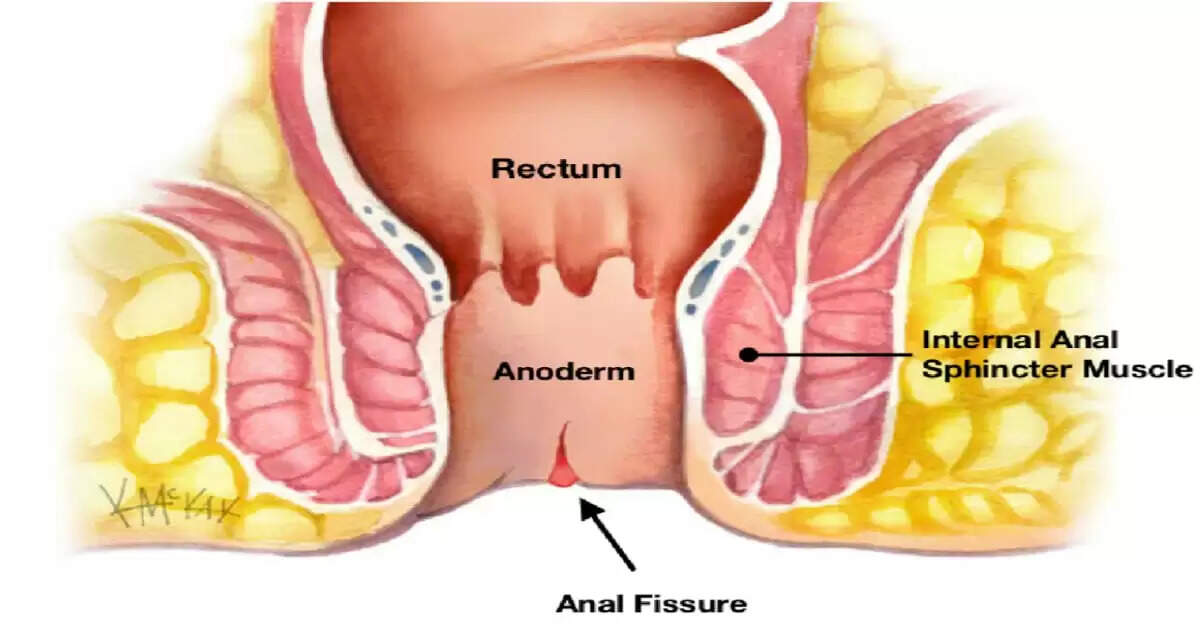Understanding Anal Fissures: Causes and Treatment

What is Anal Fissure?
When any type of cut or fissure occurs in the anus or anal canal, it is called a fissure or anal fissure. Fissures are caused by hard stool. Fissures usually cause difficulty passing stools and blood in the stools.
How many types of fissures can there be?
There are generally two types of fissures:
Acute – A hole or crack in the upper surface of the skin is called Acute Fissure.
Chronic – If a hole or crack in the surface of the skin does not heal, a chronic fissure develops over time.
What are the symptoms of anal fissure?
Pain during defecation, sometimes severe pain.
Pain after passing stool that may last for several hours.
The dark red color in stool after passing stool.
Itching around the anus.
A crack in the skin around the anus.
Causes of anal fissure:
The most common cause of fissures is an injury to the skin of the anus and anal canal. In most cases, this happens to people with constipation problems. Especially when hard and bulky stools pass through the anus, it damages the lining of the anus and anal canal.
Other possible causes of fissures include:
Prolonged diarrhea.
Prolonged constipation.
Sometimes a sexually transmitted infection (STI), such as syphilis or herpes, can infect and destroy the anus and anal canal.
How to prevent fissures?
By preventing constipation, you can reduce the risk of anal fissures. If you already have fissure problems, preventing constipation is very important.
You can prevent constipation by:
Eat a balanced diet that includes a good amount of fiber, fruits, and vegetables.
Drink plenty of fluids.
Continue regular exercise.
Do not drink alcohol and caffeinated products (tea and coffee).
